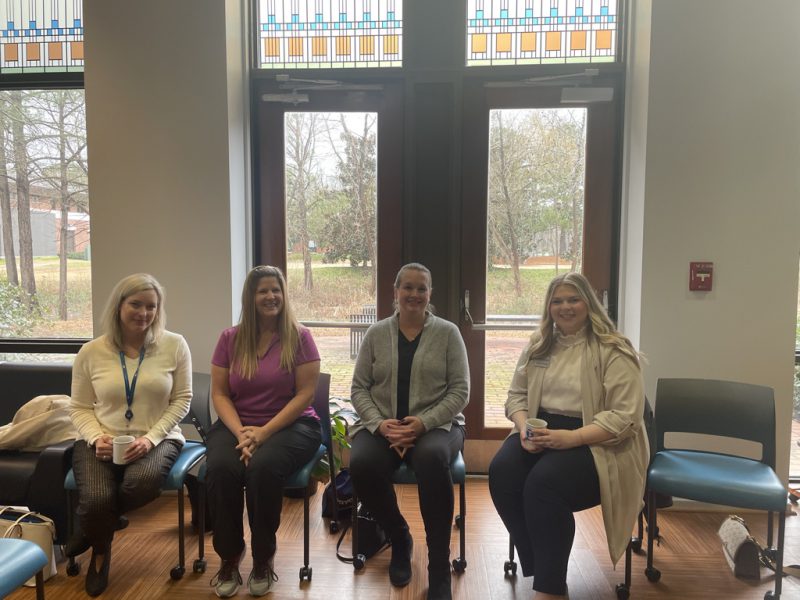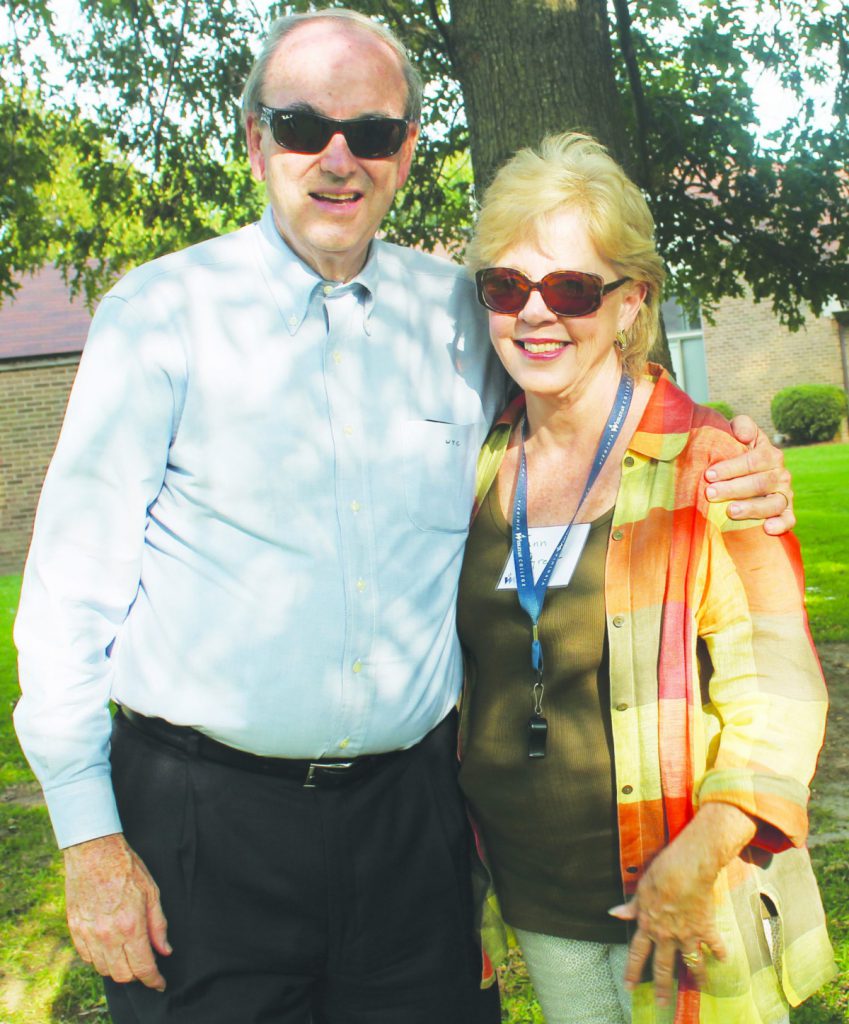Debate arises as to whether methods to get students involved in the presidential election across campus will be effective enough to make a difference.
Over the past few weeks, a new kind of madness has spread across campus. Joining the rage for pumpkin spice and study cram-sessions is the chaos of election season. Posters cover walls, banners loom over hallways and buttons sporting a cheerful “Marlins Vote” litter campus surfaces.
The first of three presidential debates between Hillary Clinton and Donald Trump was televised Monday night. The event has spurred an increase in political discussion and involvement in communities across the country.
Virginia Wesleyan College is no different, as faculty and students alike have begun raising awareness about the impending presidential election and its impact.
The movement stems from a wish to increase voter turnout for young adults (particularly college students) and is aided by the joint efforts of Marlins Vote, the Office of Community Service and the Center for the Study of Religious Freedom. Their goal is to register as many students to vote as possible, while increasing campus interest and involvement in the election.
President of the Student Government Association (SGA) Nicholas Hipple believes students are getting more involved every day.
“I have seen a large buzz on campus discussing the election, and have also seen a large group of students trying to register other students [to vote],” Hipple said.
“I don’t see that push,” disagreed Jared White, president of College Republicans. “For some reason there’s not a move, which is disappointing.” He suggested that a lack of immediate impact on college students may be a source of the disinterest.
What both White and Hipple are able to agree on is the importance of the election and the impact candidates may have on issues regarding education.
The three chief disputes on this topic are the abolition of the Department of Education (which would leave school funding and regulation up to each state), government refinancing of student loans to lower interest rates and the potential decision to make college tuition free for students whose families earn $125,000 yearly or less.
“I have seen a large buzz on campus discussing the election, and have also seen a large group of students trying to register other students [to vote],”
— Nicholas Hipple, President of the SGA
However, the discussion of these issues and the college’s efforts to encourage voter registration may be in vain.
Some students involved in the election claim that their involvement has nothing to do with any event so recent as the first presidential debate or the push for election awareness. Family allegiances, personal views and political standpoints were all formed early on.
When questioned, they insisted that no event hosted on campus would change their minds. Democrats and Republicans alike touted their candidates stubbornly, if not always proudly.
“May the best woman win,” declared one student.
“Make America great again,” fired back another.
A portion of the community expresses dissatisfaction with both candidates but says that voting for third party nominees such as Jill Stein (Green Party) and Gary Johnson (Libertarian Party) is akin to wasting their vote. Some prefer not to reveal their choice for presidency and say they don’t enjoy talking about politics.
Others refuse to vote at all.
Nel Hart, a sophomore majoring in business, is one such student.
“I don’t want to vote. I don’t like any of the choices,” Hart said. “I’m not informed enough to make a good choice.”
This explanation for not voting is common among students who may not have access to information about the voting process or the candidates.
To help educate the campus community, Marlins Vote members have made information sheets available at their events and in the Office of Community Service.
President of the club Bayli Foley said, “We typically have a low voter turnout for elections and that is something I would like to try to change, even if it’s only changed on this college campus.”
Information on the sheets includes the necessity of acceptable identification on voting day (school ID, driver’s license, passport or employee ID card), the last day for voter registration (Oct. 17) and the date of the election (Nov. 8).
The sheets also include answers to common questions or misconceptions that students may have regarding the effect of voting on financial aid provision, scholarship status, parental tax dependency and out-of-state registration.
Other sources of information about voting are available on campus at the Office of Community Service, the Campus Vote Project, and the Virginia Department of Elections.
Mickella Rast
mjrast@vwc.edu


